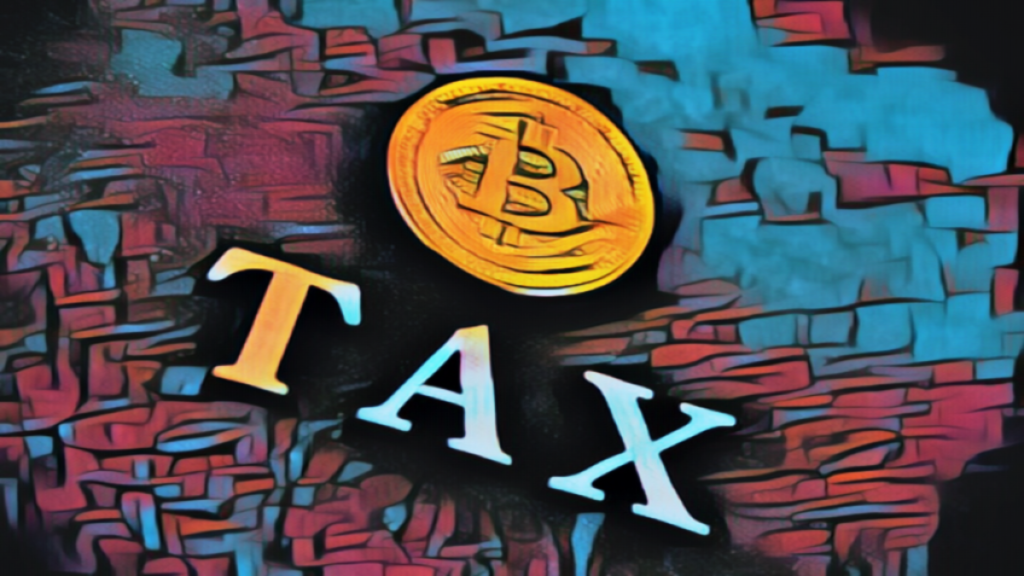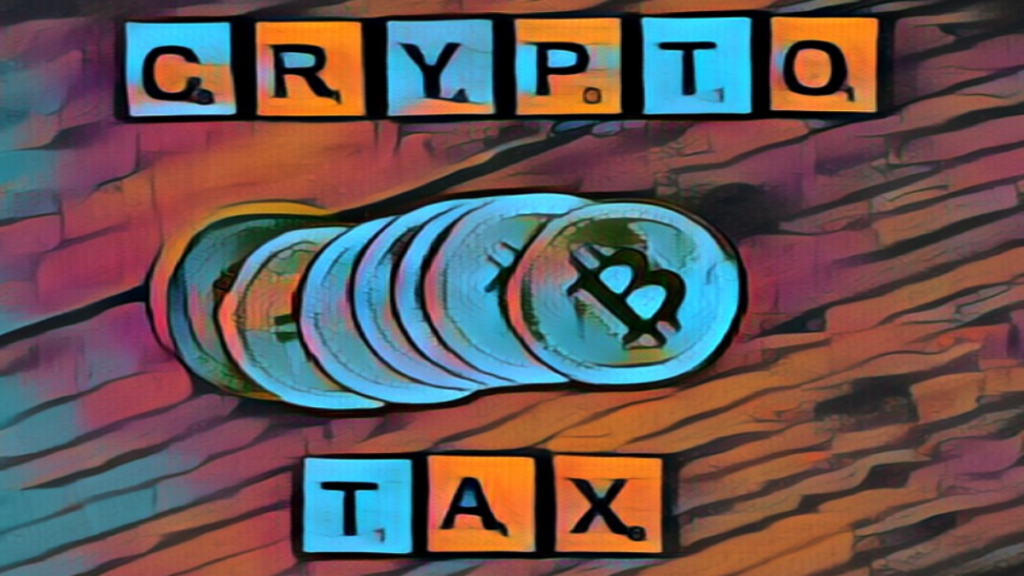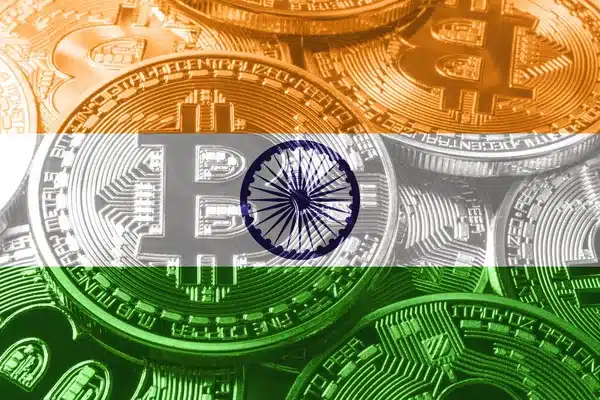ARTICLE AD BOX

Sumit Gupta, co-founder and CEO of Indian crypto exchange CoinDCX, recently sat down with crypto.news for an exclusive interview to shed light on the effects of India’s crypto tax policies on the industry.
Introduction of Crypto Taxes in India: A Milestone with Challenges
The 2022 Union Budget marked a significant turning point for India’s cryptocurrency landscape. By categorizing digital currencies as virtual digital assets (VDA) under section 2(47A) of the Income-tax Act 1961, the government provided much-needed regulatory clarity.
However, this new framework came with stringent tax measures, including a 30% tax rate and an additional 1% TDS on transactions, which have since posed challenges for retail traders. The steep taxes led to a sharp decline in trading volumes, driving many crypto enthusiasts to more tax-friendly jurisdictions.
Striking a Balance: The Benefits and Burdens of Regulatory Clarity
Despite the difficulties, experts like Gupta see value in the formal recognition and structured environment that now exist for cryptocurrencies in India. Yet, even after more than a year since these regulations were implemented, both new and experienced investors continue to grapple with the complexities of crypto taxation. Gupta aims to demystify these regulations, addressing prevalent misconceptions and offering a clearer understanding to investors.
Understanding the Tax Implications
Different Tax Treatments for Trading, Mining, and Staking
Crypto trading and mining profits are taxed at a flat 30%, without any deductions or loss offsets. In contrast, staking income is taxed according to the individual’s income tax slab, which can offer a lower rate.
The Web3 sector, including CoinDCX, is advocating for the reduction of the 30% tax rate on VDAs to align with other asset classes like securities. The current high tax rate and the disallowance of loss offsets discourage entrepreneurship, innovation, job creation, and foreign investment, potentially driving talent and capital abroad.
Addressing Common Misconceptions
One major misconception is that all crypto activities are taxed at a flat 30%. In reality, staking rewards are taxable upon receipt, based on market value, and trading losses cannot offset other income types. Investors should maintain detailed records and seek professional tax advice.
To assist users, CoinDCX has partnered with KoinX, a platform that tracks tax computations, connects multiple exchanges and wallets, and provides real-time tax amounts for all crypto transactions, including NFTs and DeFi investments.

Also Read: Tax-Saving Tips for Expats: Strategies to Keep More of Your Money
Global and Domestic Regulatory Influences
Impact of Global Regulations on India’s Stance
The G20 discussions, particularly those held in India, have been instrumental in shaping global crypto regulations. These discussions provide templates for regulatory clarity, ensuring a balanced approach that benefits all stakeholders.
For instance, including VDA transactions under the Prevention of Money Laundering Act (PMLA) allows policymakers to oversee the crypto space effectively and discourage illicit activities.
Challenges of the 1% TDS Rule for High-Frequency Traders
The 1% TDS rule has significantly impacted liquidity, pushing many traders to offshore exchanges that do not deduct TDS. This shift has caused a dramatic decrease in trading volumes on domestic exchanges. To address this issue, the industry is advocating for a reduction of TDS to 0.01%, which would maintain government oversight while making the market more attractive for investors.
CoinDCX has seen some positive movement, with users returning as non-compliant offshore exchanges face scrutiny from FIU-India. However, many users remain with these non-compliant platforms.

Future Prospects and Advocacy for Tax Reform
Potential for Reduced Tax Burden
The industry is hopeful that the government will consider reducing the TDS rate and overall tax burden on crypto transactions. A more favourable tax environment could foster innovation and attract more investment into the sector.
Balancing Innovation and Compliance
Gupta emphasizes the need for a balanced regulatory approach that supports technological advancements while ensuring robust oversight to prevent misuse. Engaging with industry stakeholders and studying global best practices can help create a conducive environment for innovation and compliance.
CoinDCX has recently released a whitepaper exploring global and Indian economic literature, advocating for balanced and supportive crypto regulations.
.png)
 5 months ago
4
5 months ago
4








 English (US)
English (US)